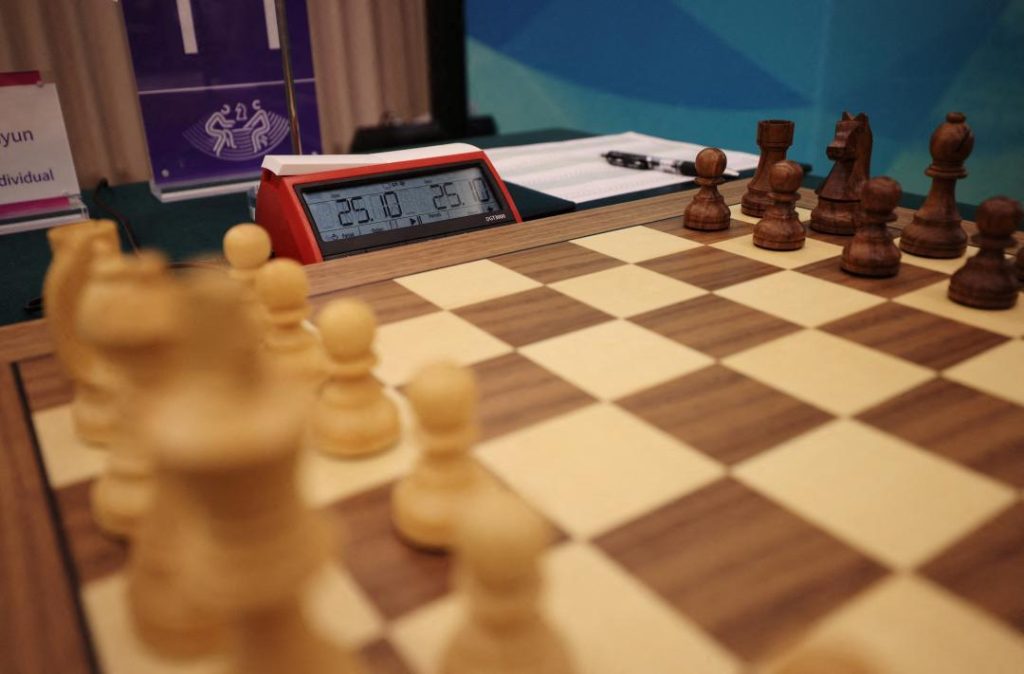
OpenAI o3 Defeats Grok 4 in Chess, Carlsen Says ‘Grok Learned Theory & Knows Nothing Else’
The world of artificial intelligence (AI) chess has witnessed a significant milestone with the recent defeat of Elon Musk-owned xAI’s Grok 4 by Sam Altman-led OpenAI’s o3 during the AI Chess Exhibition Tournament 2025. In a stunning 4-0 victory, o3 showcased its superiority over its rival, leaving many to wonder about the future of AI in the world of chess.
The match between o3 and Grok 4 was highly anticipated, with both sides boasting impressive credentials in the world of AI chess. However, it was o3 that emerged victorious, winning all four games without conceding a single point. The defeat has left many to ponder about the strengths and weaknesses of the two AI systems.
Reacting to the match, world number one chess player Magnus Carlsen, who is known for his exceptional skills on the chessboard, had some scathing words for Grok 4. During a post-match interview, Carlsen said, “There’s always that one guy… who’s learnt theory and literally knows nothing else.” His remarks seemed to imply that Grok 4 was relying too heavily on theory and lacked the ability to think creatively and strategically.
Carlsen’s comments have sparked a heated debate in the chess community, with many questioning whether Grok 4’s defeat was due to its over-reliance on theory or its inability to adapt to different situations. While some have defended Grok 4, saying that it is still a developing AI system, others have criticized its lack of creativity and strategic thinking.
The defeat of Grok 4 by o3 is not the first time that the AI system has been defeated. In previous matches, o3 has also defeated other notable AI systems, including o4 mini and Kimi K2 instruct. These victories have further solidified o3’s position as one of the top AI chess systems in the world.
So, what sets o3 apart from other AI systems? According to experts, o3’s ability to learn and adapt quickly is one of its key strengths. Unlike other AI systems, o3 is capable of learning from its mistakes and adjusting its strategy accordingly. This ability to learn and adapt has enabled o3 to defeat even the strongest opponents.
Another key factor that sets o3 apart is its ability to think creatively. Unlike other AI systems that rely heavily on theory, o3 is capable of thinking outside the box and coming up with innovative solutions to complex problems. This ability to think creatively has enabled o3 to outmaneuver its opponents and emerge victorious in many matches.
In conclusion, the defeat of Grok 4 by o3 is a significant milestone in the world of AI chess. While Carlsen’s comments may have been harsh, they highlight the need for AI systems to be able to think creatively and strategically. As AI systems continue to evolve and improve, it will be interesting to see how they adapt to different situations and opponents.






